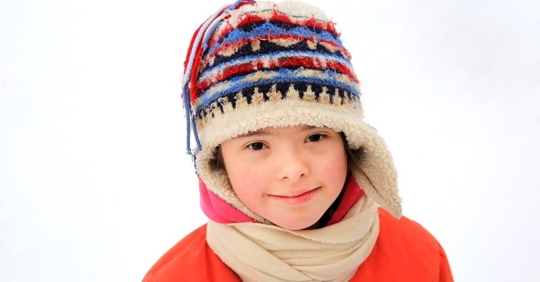People with Disabilities May Feel Effects Quicker
Research has long been conducted showing that individuals with disabilities may be more susceptible to health problems and aggravated issues caused by cold temperatures. This is largely due to reactions to low pressure systems (especially for children with autism) and the effects decreasing temperatures can have on the muscles, joints, and respiratory system. Additionally, some conditions may cause an individual to be unable to regulate their body temperature - which can be extremely dangerous in cold weather.
Because children with disabilities may feel the effects of hypothermia and frostbite much quicker than even their parents, it is crucial to understand how to keep them safe during this time of year.
Winter Safety Tips
When December and January bring colder temperatures and long rainy or snowy days, families should be mindful of their child's safety. Here are five tips that can help make this winter go smoothly:
- Stock up on adaptive clothing that can keep your child warm in various wintery conditions.
- Add snow tires to your child's wheelchair if in an area where snowfall is expected or frequent.
- Ensure you have a backup plan in place for power outages if your child's care requires electronic medical equipment.
- Avoid staying outside for prolonged periods of time.
- Check-in with your child for signs of muscle stiffness or discoloration that may point to signs of hypothermia or frostbite.
Regardless of how you are spending this season, making your child's health and safety a priority should be at the top of the list.
Portland Birth Injury Attorney
Adapting to the needs of a child with disabilities can be challenging for parents, especially if their disabilities were caused by the negligence of a medical professional and require additional treatment and care. The team at Angel Law, P.C. aims to help you gain the compensation needed to accommodate these significant life changes. Call (503) 862-8666 to learn how we can help with your potential case.
